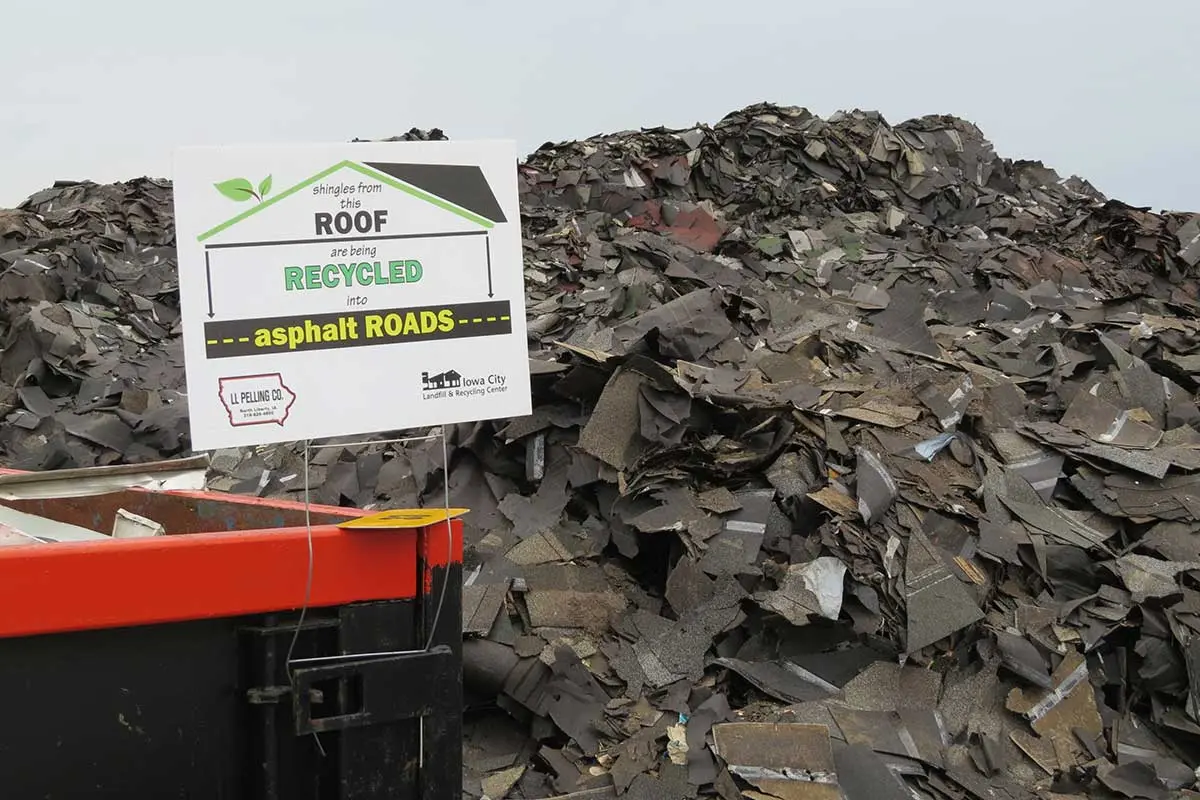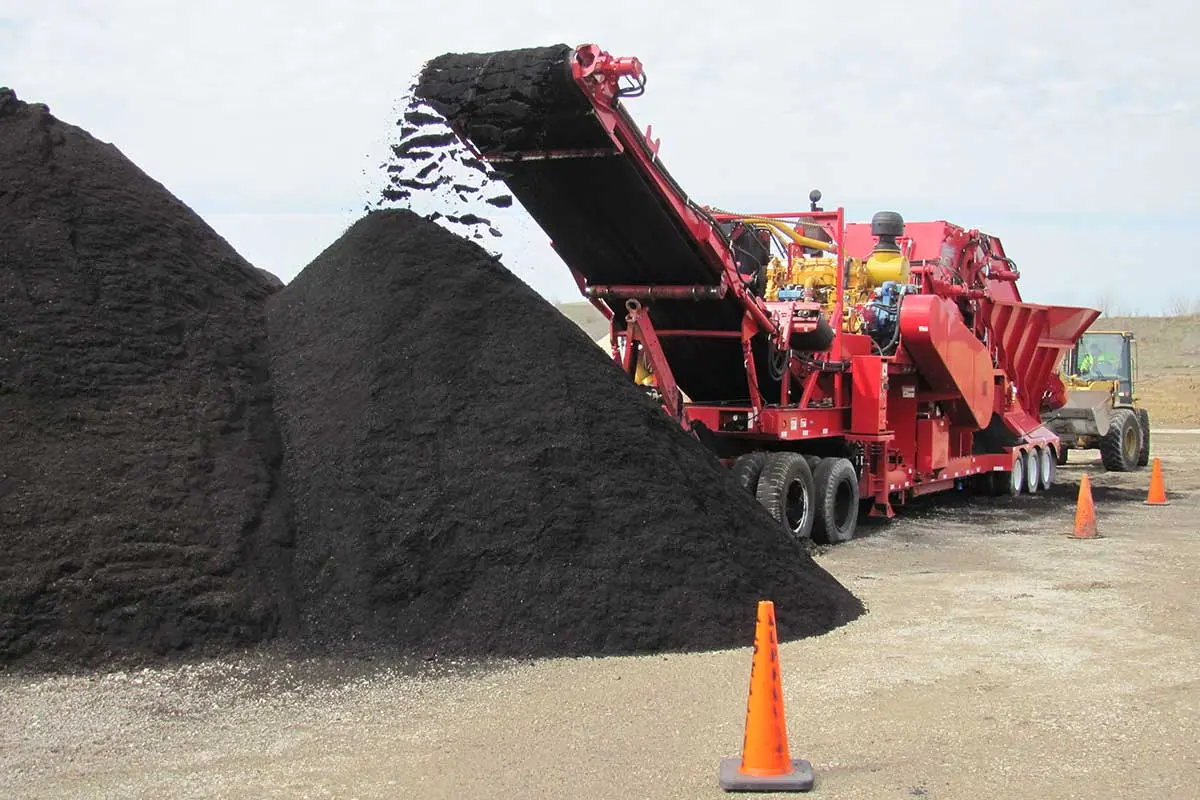Shingle Recycling Form
Customers will need to complete the Certification Form and give it the attendant onsite.


Customers will need to complete the Certification Form and give it the attendant onsite.

Fact: The roof of an average U.S. home can supply enough asphalt to help pave about 200 feet of a two-lane highway.

At LL Pelling, we care about the environment. That’s why we’ve partnered with local solid waste agencies to divert shingles from the landfill and recycle them into brand new asphalt roads. Odds are good that the old shingles torn off a homeowner’s roof will end up in the asphalt of a state highway project and not the local landfill.

The need for virgin oil and the dependency on foreign oil is reduced when paving contractors use recycled shingles in their mix. This helps conserve natural resources, adding to oil’s sustainability.

Shingles take 400 years to breakdown in a landfill and more than 11 million tons of shingles end up there annually. Recycling asphalt shingles keeps them out of the landfill and reduces construction and demolition waste.

Recycling asphalt shingles is more cost effective than dumping them in a landfill. Significantly reduced fees create a savings for roofing contractors that are passed on to the customer.

Recycling asphalt saves U.S. taxpayers over $300 million each year – and contractors save, too. In 2015, contractors saved $194 million in construction costs by using recycled shingles.
Nails mixed in or attached to shingles are acceptable. We removed the nails with a magnet during our recycling process.
Items that are not accepted include: wood, pallets, woodshake shingles; metal (flashing, gutters); plastic or vinyl; paper waste; mastic or plastic roofing cement; rolled roofing materials (excess felt); other garbage, trash or dirt; nail coils.